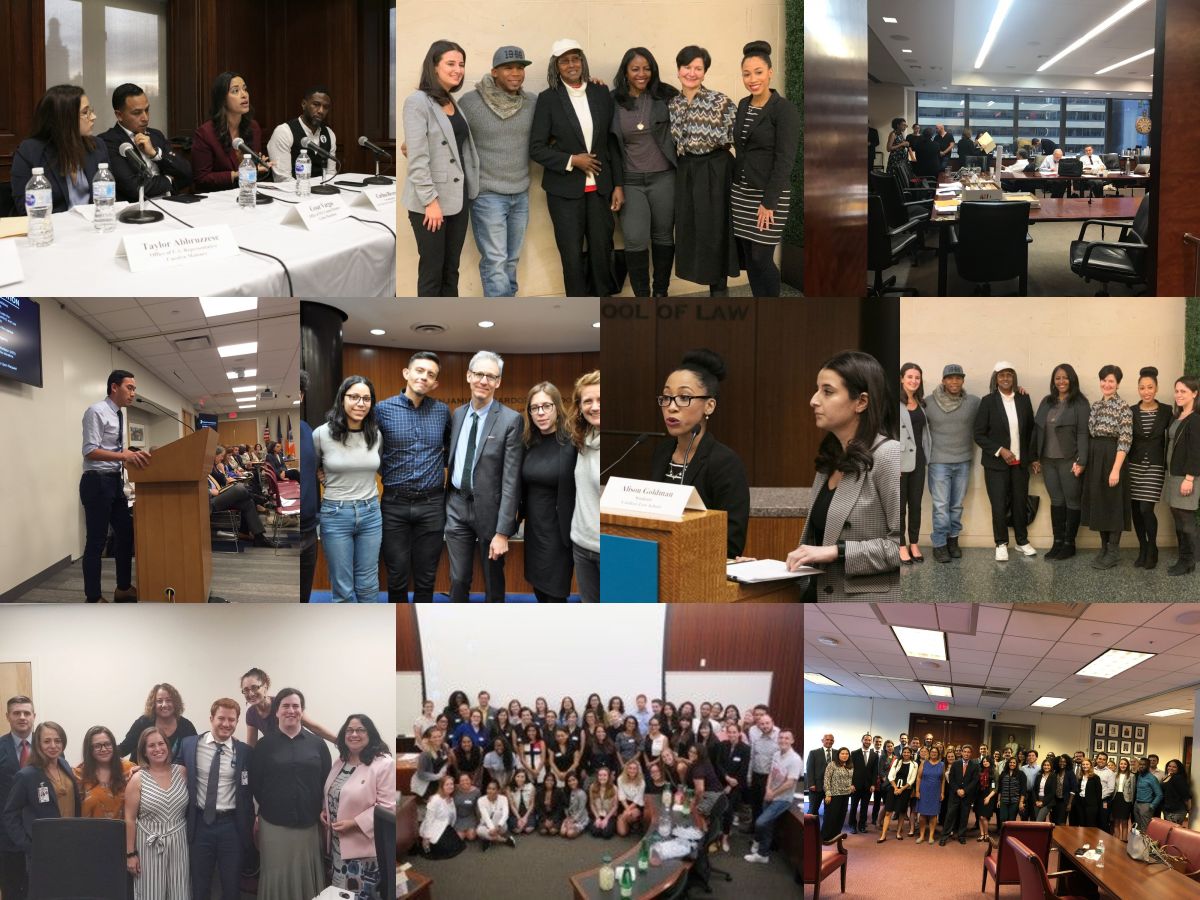Cardozo School of Law is one of just two U.S. law schools that earned an A grade from preLaw Magazine based on our varied tax law offerings, from externships to student groups.
Faculty with Impact
RECENT MEDIA
Battle Over Taxing Digital Ads Goes Before Maryland Justices | Bloomberg
"Maryland has said that it is going to use the tax revenue for educational programs, and I think this is a very good policy to achieve a more distributional goal for the state government. If a new tax has policy problems, then of course we have to litigate it. But when ITFA (Internet Tax Freedom Act) is the only thing standing in the way of a state tax, then that proves problematic." - Professor Young Ran (Christine) Kim
New Jersey is motivating telecommuters to appeal their New York tax bills. Connecticut may be next | Associated Press
“An awful lot of people are hurt by these laws. While New York and other states like to pretend that these are wealthy people, the people who are most hurt by this rule are often people of modest income, middle income, people who can’t afford lawyers.” - Edward Zelinsky, Morris and Annie Trachman Professor of Law
RECENT SCHOLARSHIP
Luís Calderón Gómez, Assistant Professor of Law
Taxation Limits | Northwestern Law Review
“This Article develops a novel normative theory that rationalizes and justifies our current tax exemption regime. Rather than conceiving exemptions as subsidies or individual deviations from a normative base explainable by ordinary politics, the Article argues that exemptions are best understood as mapping the “limits” of tax. These limits are neither arbitrary nor merely a collection of individual subsidies to favored activities; rather, they are best seen as being reflective of deeper collective socio-political judgments about the scope of the State and the public sphere.”
Young Ran (Christine) Kim, Professor of Law
Taxing Litigation Finance | George Washington Law Review
“This paper proposes a customized multi-factor analysis to identify the true nature of litigation financing transactions and impose proper tax treatment. The bedrock of this approach is the concept of tax ownership, which, in the context of litigation financing, can be streamlined into two key factors: economic risk and legal control of the claim. By emphasizing the legal control factor, this proposal has the potential to combat the agency problems inherent in litigation finance without hindering market growth. As the industry continues to develop, this paper calls on tax policymakers and other regulatory bodies to reduce the current tax uncertainty by integrating the factors discussed herein when issuing future guidance and imposing disclosure obligations.”





